There’s still a lot to learn about the novel coronavirus (COVID-19). We do know that there are some precautions that we can take to help slow the spread of the disease. Here are the top 10 ways you can help reduce the spread of COVID-19:
-
Wash your hands with soap and water for at least 20 seconds after any activity.
This includes blowing your nose, coughing, etc. Always wash your hands before eating or cooking.
View this post on Instagram
-
Wear a mask (disposable or cloth mask).
A cloth face covering may not protect the wearer, but it may keep the wearer from spreading the virus to others. To reduce the spread of COVID-19, CDC recommends that people wear cloth face coverings in public settings when around people outside of their household, especially when other social distancing measures are difficult to maintain.
View this post on Instagram
-
Maintain social distancing. Work from home if possible and avoid large gatherings, public spaces and public transportation.
Keep three to six feet between yourself and others. Avoid social touching, this includes shaking hands, kissing or hugging, instead try a hand wave or a smile.
View this post on Instagram
-
Avoid touching your eyes, nose and mouth.
Be mindful to keep your hands away from any location on your face where a virus could enter your body.
-
Clean “high-touch” surfaces regularly.
It’s still unknown if COVID-19 can spread from hard surfaces to people or how long it may live outside the human body. Take extra caution and clean high-touch surfaces like tables, doorknobs, light switches, desks, toilets, faucets, and sinks with household disinfectants that are appropriate for the surface.
View this post on Instagram
-
Stop sharing
Even though you may usually steal a bite from your kid’s plate or share a dessert with a friend or spouse, now is the time to be selfish with your food. Don’t share any common kitchen objects such as dishes, drinking glasses, utensils, cups, and, of course, food with anyone—even the people in your home. Also be sure to wash any kitchen items thoroughly after use with hot water and soap, or put them in the dishwasher.
-
If you think you have symptoms of COVID-19:
Learn more about when to seek care and options for speaking with a caregiver. People who are mildly ill with COVID-19 are able to recover at home. Do not leave, except to get medical care.
View this post on Instagram
-
Avoid any unnecessary travel.
While you may be tempted to visit your grandkids or family, don’t travel during this time because it may expose you to someone who may be infected.
-
Prepare for your needs in case you’ll need to stay home for an extended period.
Make sure you have enough groceries, household items and medications (including over-the-counter medicines) on hand, and that you know how to order more either online or by making a phone call.
-
Have a plan if you get sick.
Talk to friends and family about who can help you if you get sick. Plan who could cook and deliver meals, run errands and even take care of you.
Extra precautions for high-risk patients
Individuals who are at a higher risk of getting COVID-19 are recommended to take extra precautions to stay safe. This includes individuals who:
- Are over the age of 60
- Have heart disease
- Have diabetes
- Have lung disease, including asthma
- Are taking immunosuppressive drugs
If you’re at a higher risk of contracting COVID-19, do not travel. Traveling may expose you to someone who may be infected. Make sure you have a plan if you get sick. Talk to your friends and family or you can sign-up for a mobile or online meal delivery service.
Lastly, another way you can help reduce the spread is by educating others. Share this article with your family and friends so they can also help prevent the people they love from getting sick.



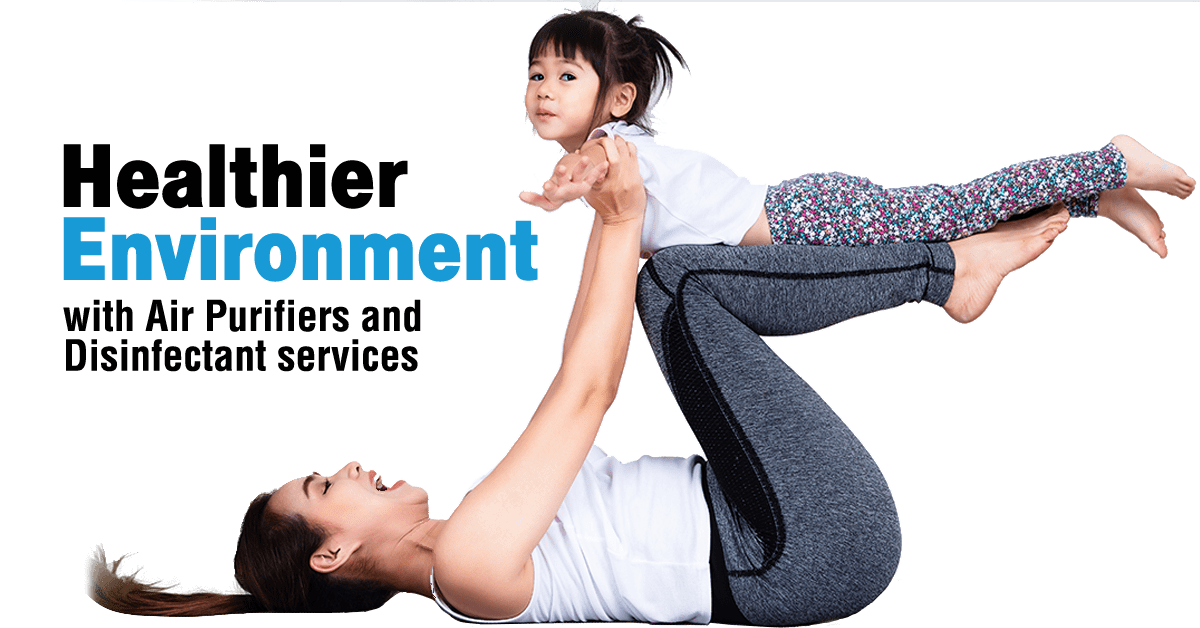
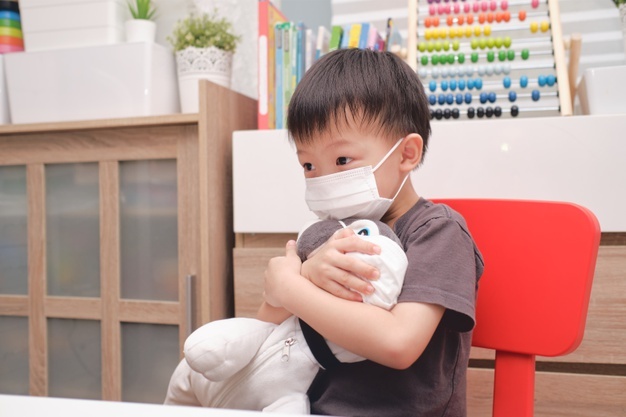
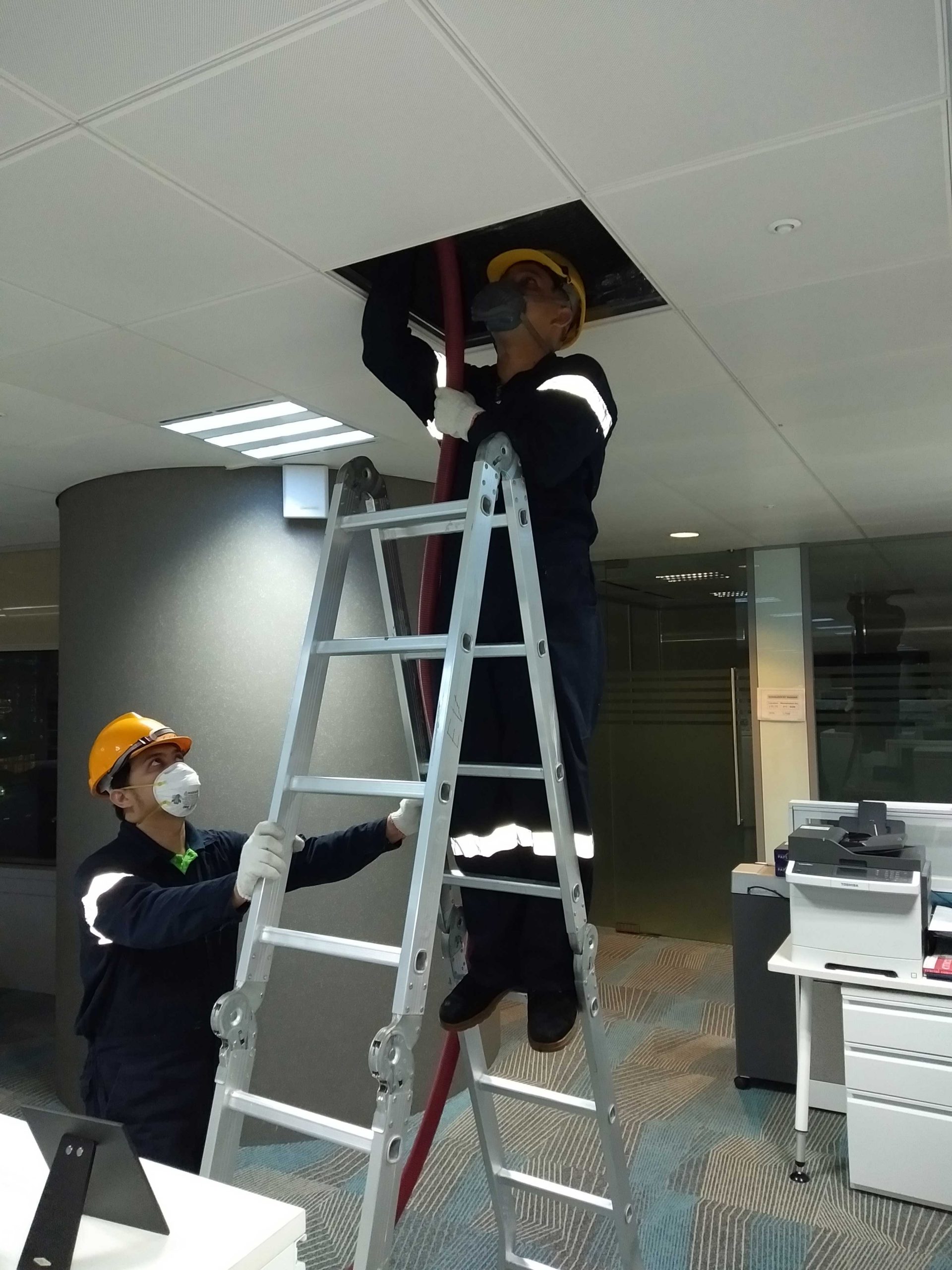
 On the other hand, preventing ducts from becoming wet or flooded and possibly risking a vermin infection in the future can be a bit more complicated. The most important thing is that the air duct system is properly installed, if not this risk is greatly increased. Humidity and condensation in the cooling coils within an air duct also play a huge part in the moisture present within them, and although difficult, that condensation must be controlled. Insulation of the coils and the air ducts as well as making sure that they are dry and kept away from air conditioned sports are substantial to making sure condensation and moisture within the air ducts are controlled.
On the other hand, preventing ducts from becoming wet or flooded and possibly risking a vermin infection in the future can be a bit more complicated. The most important thing is that the air duct system is properly installed, if not this risk is greatly increased. Humidity and condensation in the cooling coils within an air duct also play a huge part in the moisture present within them, and although difficult, that condensation must be controlled. Insulation of the coils and the air ducts as well as making sure that they are dry and kept away from air conditioned sports are substantial to making sure condensation and moisture within the air ducts are controlled.
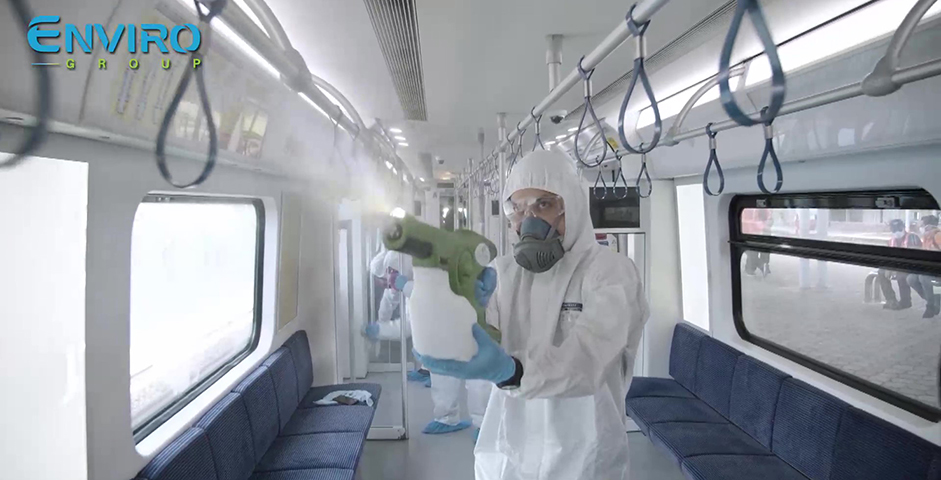


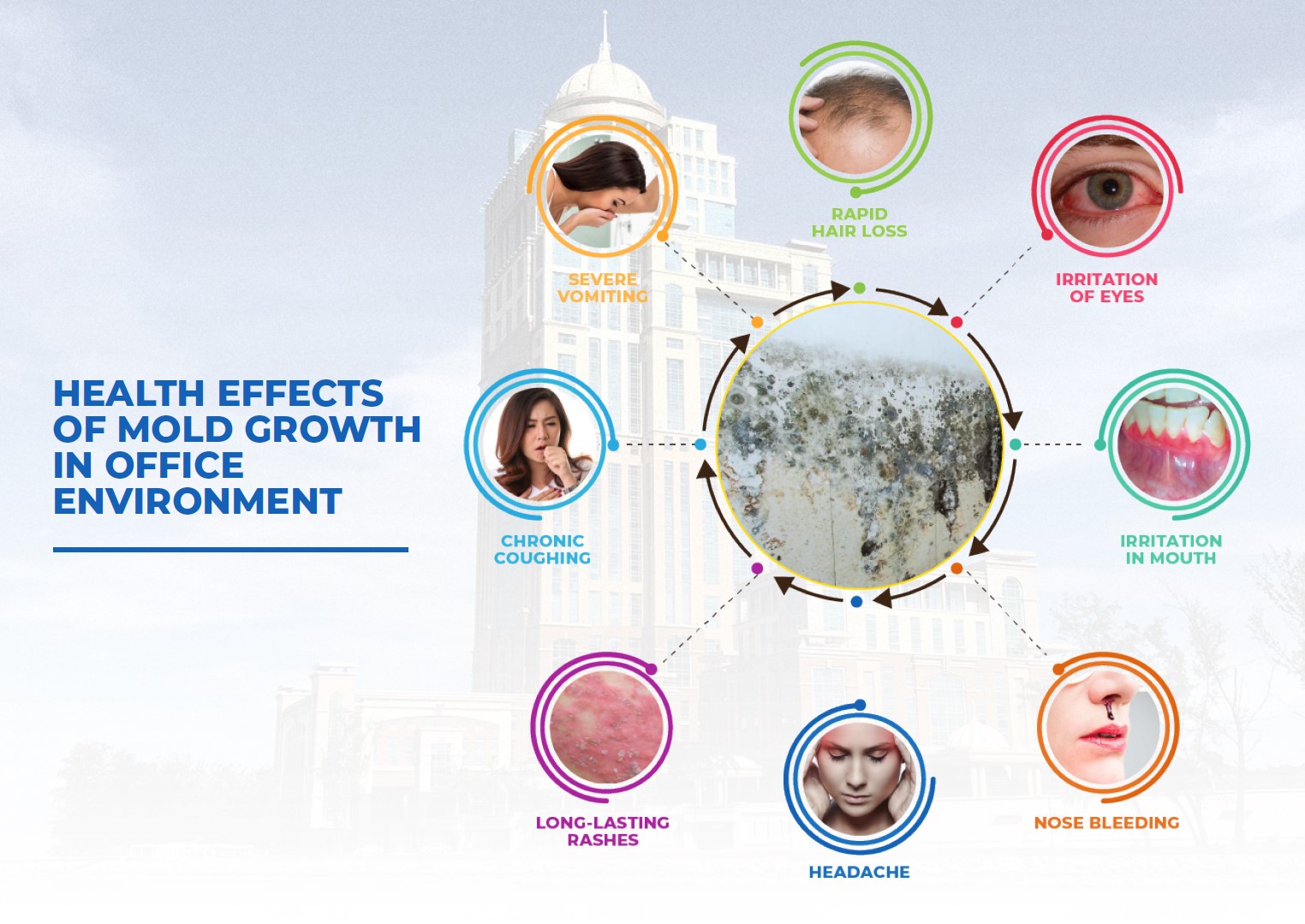
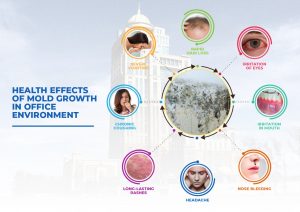 Sampling of mold, which is used to check a building’s compliance with the mold standard as well as to determine if an area has been adequately cleaned or remediated, is typically carried out by professionals with experience with mold. This allows one to make sure that an area is as clean as it can be from mold, though if no visible mold can be seen, sampling of mold is unnecessary.
Sampling of mold, which is used to check a building’s compliance with the mold standard as well as to determine if an area has been adequately cleaned or remediated, is typically carried out by professionals with experience with mold. This allows one to make sure that an area is as clean as it can be from mold, though if no visible mold can be seen, sampling of mold is unnecessary.